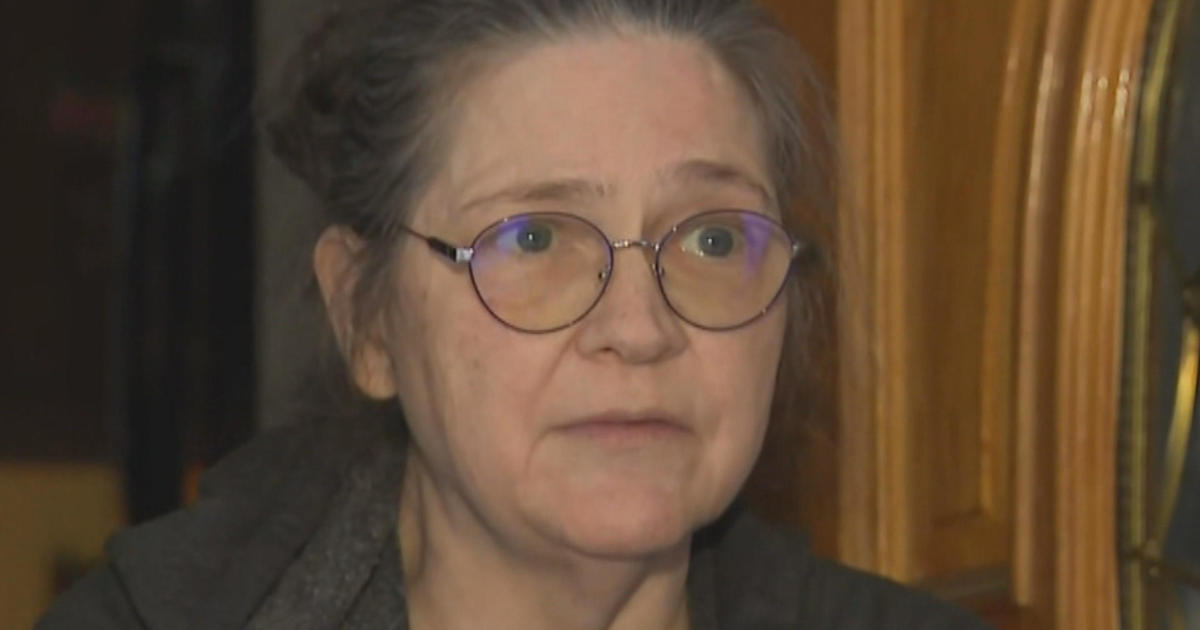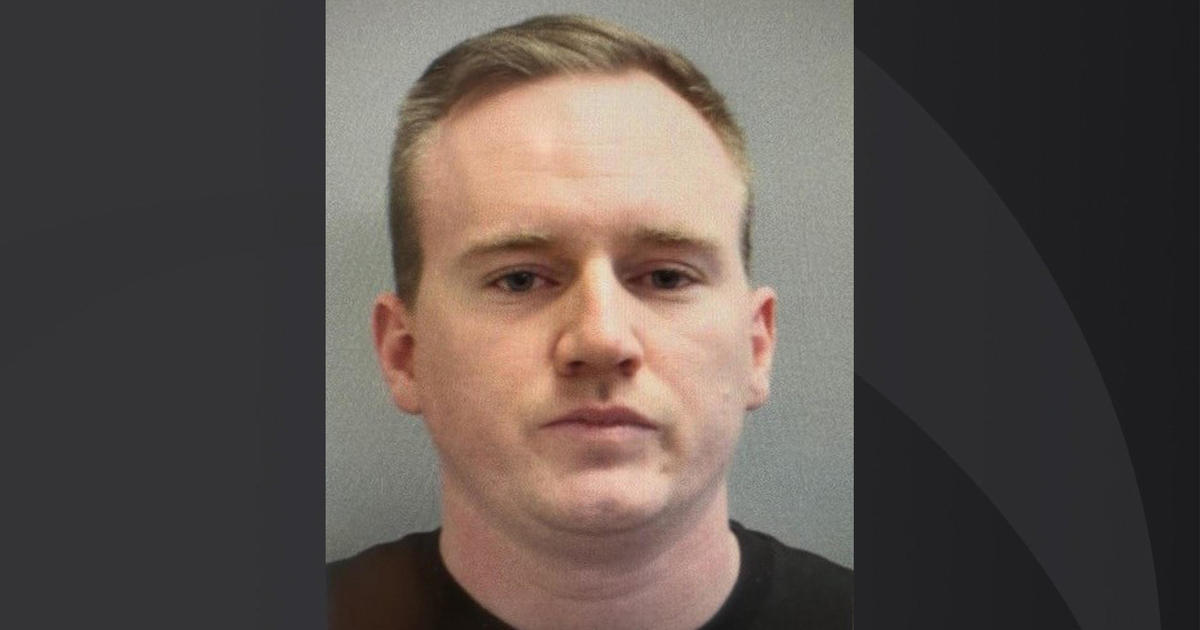I-Team: Regular Inspections Could Have Prevented Meningitis Outbreak
BOSTON (CBS) - Hundreds of documents released by the state show a history of problems at the New England Compounding Center, many warning signs, and very few inspections.
We asked Professor Todd Brown of Northeastern to look over hundreds of pages of documents for the I-Team.
Brown showed NECC's violations date back to 1999, and they range from complaints from hospitals and doctors about their practices to selling a tainted drug. Brown says the files show two patients were harmed by NECC's injectable steroid drugs in 2003.
READ: NECC Inspection Documents
The meningitis case isn't the first time NECC has had tainted drugs, according to state records.
For example, in 2003, the documents show that NECC had medicines contaminated with an endotoxin. According to Professor Brown, an endotoxin is a substance released by bacteria that causes symptoms of infection.
All of the problems resulted in an agreement with the state: NECC agreed to hire a consultant to resolve its problems, but received no disciplinary action.
Brown says the Board of Pharmacy repeatedly inspected NECC and found the company to be in compliance with state laws, despite the fact there were obvious warning signs they were illegally mass producing drugs.
He explains, "Inspectors should have noticed excessively large quantities of compounded medication." He estimates they were making 50-100 times as many drugs as tradition compounding pharmacies.
Brown says the log books clearly show NECC was making mass quantities of drugs, and all inspectors had to do was look at the numbers to see this was illegal.
But despite NECC's long history of violations and problems, the state only inspected it one time since 2006. Last year the Board of Pharmacy inspected NECC when it moved into a new facility and found it in compliance.
Brown says in addition to the log books showing how many drugs NECC was manufacturing, another warning flag was that NECC had 33 employees in 2011, which is much more than a traditional compounding pharmacy. Brown wants to know whether inspectors ever looked at the log books.
The state says the current policy is for inspectors to only inspect pharmacies when they open, have a significant expansion, when they move, or when a complaint is received.
NECC released the following statement. "NECC worked cooperatively with the Massachusetts Board of Registration in Pharmacy to address to the Board's satisfaction any issues that were brought to the company's attention."
Documents suggest the Board of Pharmacy raised concerns about NECC, but never took enforcement action.
In response to questions about the mass production of drugs, the pharmacy said: "NECC's intent has always been to operate in compliance with our licenses in the states where we do business, and we have made our best efforts to be in compliance with all governing laws and regulations during 15 years of providing patients with vital medications."
Brown says NECC's owners know the laws, because they have a manufacturing facility.
Could regular inspections have prevented the deadly meningitis outbreak that has killed more than 20 people? Brown says, "Probably."



